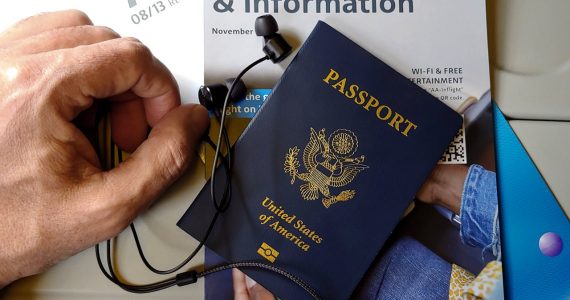Family separation is a complex and heart-wrenching issue that touches the lives of millions around the globe. It occurs in various contexts: through immigration processes, incarceration, divorce, or socio-political conflicts. Each instance leaves a profound impact not only on the individuals directly involved but also on the wider community. This article will explore how family separation changes lives forever.

The Emotional and Psychological Impact
A tumultuous storm of emotions often characterizes the immediate aftermath of family separation. Individuals may experience a profound sense of loss akin to grieving for a loved one. Anxiety, depression, and a pervasive feeling of uncertainty about the future can take hold, profoundly affecting one’s mental health. Over time, these acute emotional responses can evolve into long-term psychological challenges, including difficulties with attachment and trust, potentially leading to an increased risk of mental health disorders.
Yet, within this dark tapestry, there are threads of resilience. People find remarkable ways to cope and adapt, drawing strength from within themselves and their remaining connections. The stories of those who have navigated these turbulent waters highlight not only the depth of the struggle but also the potential for healing and growth.
Social and Educational Outcomes
Family separation doesn’t stop at emotional and psychological effects; it extends into social and educational realms. Children, in particular, can face daunting obstacles. Struggles with social integration and academic performance are not uncommon, as the emotional toll of separation can distract and dishearten. Furthermore, the absence of a supportive family environment can stifle educational aspirations and achievements, setting a trajectory that may limit future opportunities and perpetuate cycles of socioeconomic disadvantage.
Yet, education and social connections can also serve as lifelines, offering a sense of normalcy and stability in an otherwise chaotic situation. Schools and social groups can become sanctuaries, places where affected individuals find support, understanding, and a chance to rebuild.
The Ripple Effects on Communities
Family separation sends shockwaves through communities, affecting not only those directly involved but also straining social services, schools, and community resources. The increased demands on these systems highlight the broader societal implications of family separation, underscoring the need for comprehensive support networks and interventions.
Communities, however, are not merely passive recipients of these challenges. Many rally to support their members, creating networks of care and assistance that can help mitigate the impacts of separation. These efforts not only provide immediate relief but also foster a sense of belonging and community cohesion, offering a foundation for long-term recovery and resilience.
A Closer Look at Policies Influencing Family Separation
The legal and policy landscape surrounding family separation is complex, shaped by immigration laws, child welfare policies, and socio-political contexts. These frameworks can either exacerbate the issue or offer pathways to mitigation. A critical examination of these policies reveals a tapestry of impacts, highlighting areas where reform is needed to prevent unnecessary separations and to support affected families.
Around the world, there are examples of policy changes that have made significant strides in addressing the consequences of family separation. These success stories serve as beacons of hope, illustrating the potential for legislative and policy reforms to make a tangible difference in the lives of countless individuals.
Healing and Moving Forward
Navigating the aftermath of family separation requires a network of support encompassing family reunification efforts, counseling, and community initiatives. These support systems are vital, offering paths to healing and helping individuals rebuild their lives. Emphasizing the importance of empathy and understanding, successful interventions highlight the role of community solidarity and proactive policies in facilitating recovery.
The journey towards healing is a testament to the human capacity for resilience. By fostering supportive environments and advocating for compassionate policies, society can offer a beacon of hope to those affected by family separation.

Conclusion
Family separation is an issue of profound importance, with far-reaching consequences that extend well beyond the individuals directly involved. As a society, there is a moral imperative to address this issue with empathy, understanding, and action. By becoming informed and involved, each person has the power to make a difference, supporting efforts to prevent unnecessary separations and to aid those navigating the challenging path toward healing. In the face of adversity, the resilience and strength of the human spirit shine brightest, guiding the way toward a more compassionate and supportive future.




